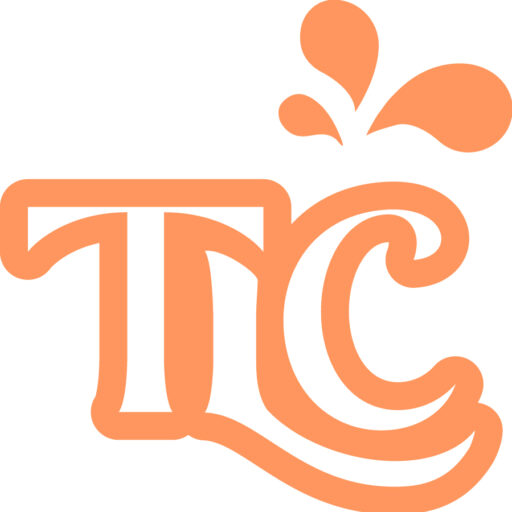Breastfeeding with Mononucleosis (Mono)
Mononucleosis, often called "mono," is a viral infection commonly caused by the Epstein-Barr virus (EBV). It's sometimes known as the "kissing disease," due to its spread through saliva. For new or expecting mamas, understanding how mono can impact breastfeeding is crucial. Here’s what you need to know.
Can I breastfeed if I have Mono?
Yes, you can breastfeed if you have mono. According to the Centers for Disease Control and Prevention (CDC) and other health authorities, mono is primarily spread through saliva. While the virus that commonly causes mono, EBV, can be present in breastmilk, the benefit of providing antibodies against the virus in your breastmilk outweighs the low to no risk of infecting baby via breastfeeding. Breastfeeding offers numerous benefits, including immune protection, which can help prevent the infection from spreading to baby.
Challenges associated with Mono and Breastfeeding
While breastfeeding with mono is generally safe, there are some challenges you might face:
- Fatigue
- Sore throat
- Swollen glands
- Fever
- Dehydration
Fatigue
Mono is notorious for causing extreme fatigue. This can make the regular demands of breastfeeding and caring for a newborn or infant more challenging. It’s important to listen to your body and rest as much as possible. Consider enlisting help from partners, family, or friends to support you during this time.
Sore throat and swollen glands
These symptoms can make it uncomfortable to breastfeed in certain positions. Experiment with different breastfeeding positions to find what’s most comfortable for you. A lactation consultant can offer personalized suggestions.
Fever and dehydration
If you have a fever, it’s essential to stay hydrated, especially when breastfeeding, as dehydration can decrease your milk supply. Drink plenty of fluids and monitor your symptoms. If your fever is high or persistent, seek medical advice.
When to seek medical advice
- If you’re unable to stay hydrated due to symptoms of mono.
- If your baby shows signs of illness or dehydration.
- If your fever is high (above 38.5°C or 101.3°F) or doesn’t improve with treatment.
Breastfeeding-related issues
Mono can weaken the immune system temporarily, making you more susceptible to other infections. You should practice good hygiene, like washing hands frequently and avoiding sharing utensils, to protect both you and your baby.
IBCLC-specific advice
- Rest and Support: Get as much rest as possible and don’t hesitate to ask for help with household tasks and baby care.
- Stay Hydrated: Drink plenty of fluids to maintain your milk supply and manage fever.
- Pain Management: If sore throat and swollen glands are making breastfeeding painful, consult with a healthcare provider about safe pain relief options.
- Monitor Milk Supply: Most viral illnesses on their own do not cause a drop in milk supply, but fatigue and dehydration can. If you're concerned about your milk supply, consider reaching out to a lactation consultant for advice and support.
Breastfeeding with mono might seem overwhelming, but with the right support and care, you can continue to provide for your baby. Remember, your health and well-being are just as important as your baby's, so take the necessary steps to care for yourself during this time.
Sources
- https://www.ncbi.nlm.nih.gov/pmc/articles/PMC4633760/
- https://americanpregnancy.org/healthy-pregnancy/pregnancy-complications/epstein-barr-virus-during-pregnancy/
- https://my.clevelandclinic.org/health/diseases/13974-mononucleosis
RN, BSN, CBS, IBCLC MENTEE
I’m an ER nurse and I run @thecolicnurse on Instagram
Schedule a consult with me >>
Medical Advice Disclaimer
This page should be used for general informational purposes only. Not intended to diagnose or treat any condition, illness, or disease. Read the full disclosures and disclaimers.


